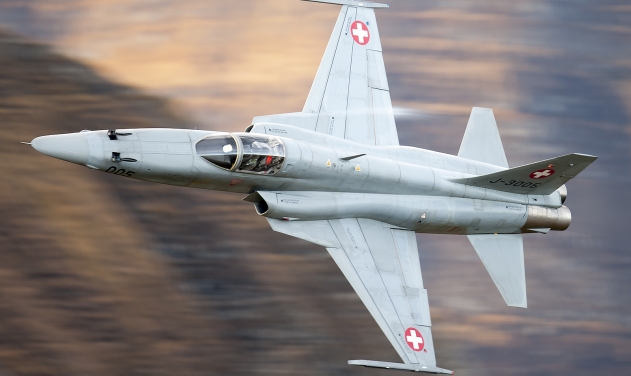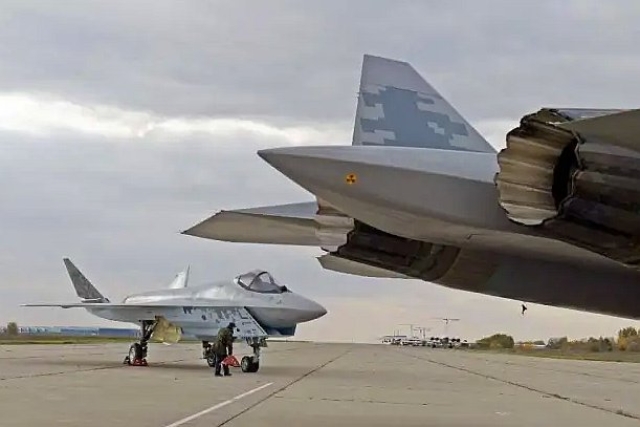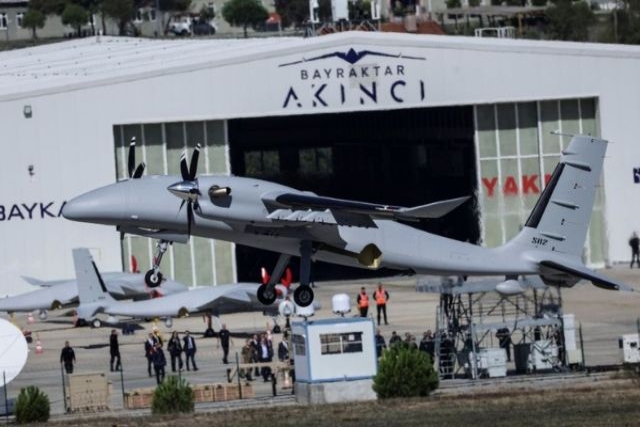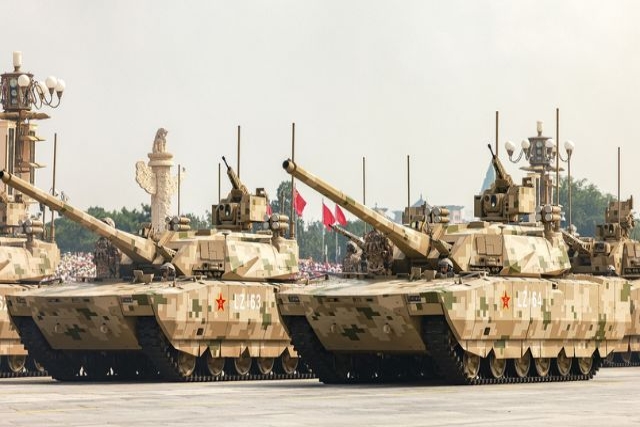Swiss Internal Report Flags F-35 Afterburner Issue
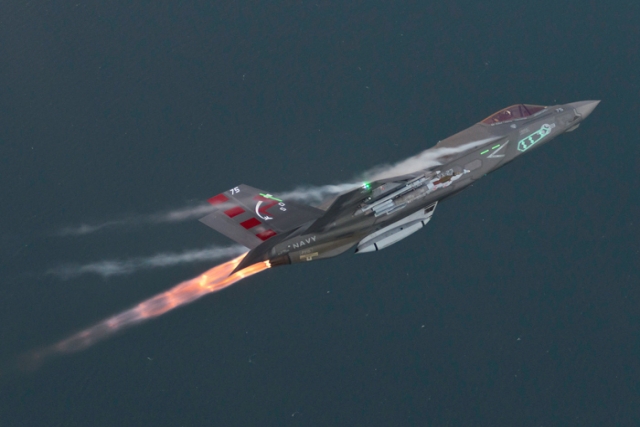
A department in the Swiss government tasked with defense procurements has flagged a problem with the F-35 jet - the engine’s afterburner causes overheating at the aircraft’s rear.
The Military Intelligence Service (SRM) reported what it calls a “serious” problem with the F-35B and F-35 jets, to the Swiss Federal Department of Defense (DDPS) which compiled an internal report.
“The F-35B and F-35C jets suffer from serious problems when using afterburning. Post combustion, an excessive increase in heat at the rear of the aircraft has been observed,” wrote PageSuite, citing the DDPS document.
A jet engine’s afterburner component provides an increase in thrust for supersonic flight, take-off and in combat situations.
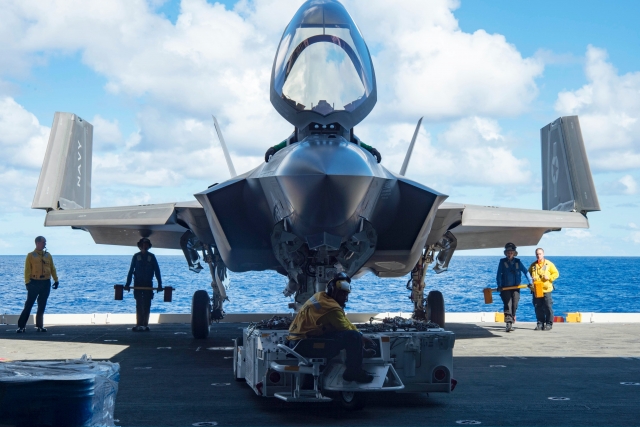
The heat from afterburner exhaust causes the F-35 B/C jets to experience “bubbling and blistering” of its radar-absorbent material (RAM) and of horizontal tail surfaces and boom.
Sensitive sensors buried inside the skin of the rear tail surfaces are also susceptible to damage.
The US military reportedly faced the same problem in 2011: F-35B and F-35C flying near their maximum service ceiling of 50,000 feet damaged themselves using their afterburners to attain speeds of Mach 1.3 and 1.4.
Following the incident, the Marines instituted a policy requiring F-35B pilots not to engage afterburners for more than 80 seconds cumulatively at Mach 1.3, or 40 seconds at Mach 1.4. Navy F-35C pilots have 50 seconds at Mach 1.3 to ration. Three minutes of non-afterburning flight to cool down the tail area was suggested to “reset” the afterburner allowance.
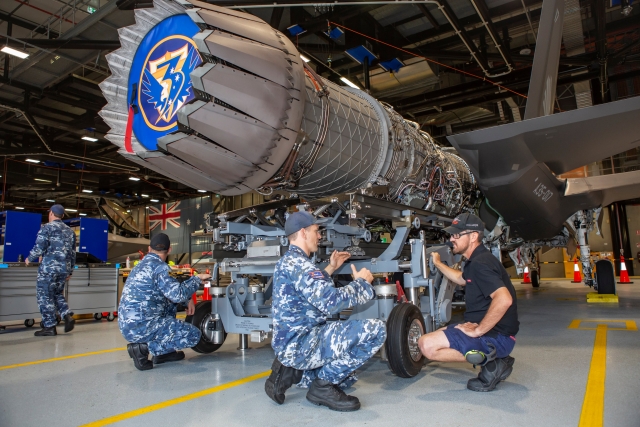
While Switzerland is not looking at the “troubled” versions of the jet under its $8 billion procurement project, it is unsure whether the F-35A, is free from the problem. The F-35A is pitted against Eurofighter Typhoon, Dassault Rafale, Boeing F/A-18E/F Super Hornet and Saab's JAS-39E/F Gripen to replace the Swiss Air Force’s ageing Northrop F-5 Tiger IIs.
“Are these difficulties known by B and C also present in model A, which the Swiss army could buy? We are entitled to question the supersonic capabilities of the F-35A, the version intended for the US Air Force and most export customers,” the SRM questioned in the internal report.
When asked about the problem, manufacturer Lockheed Martin said: “The heat emitted by the afterburner does not present any problem for the F-35A, whose afterburner does not have the same characteristics as the models B and C. The capacity of the F-35A in afterburner or in supersonic flight is therefore not questioned.”
